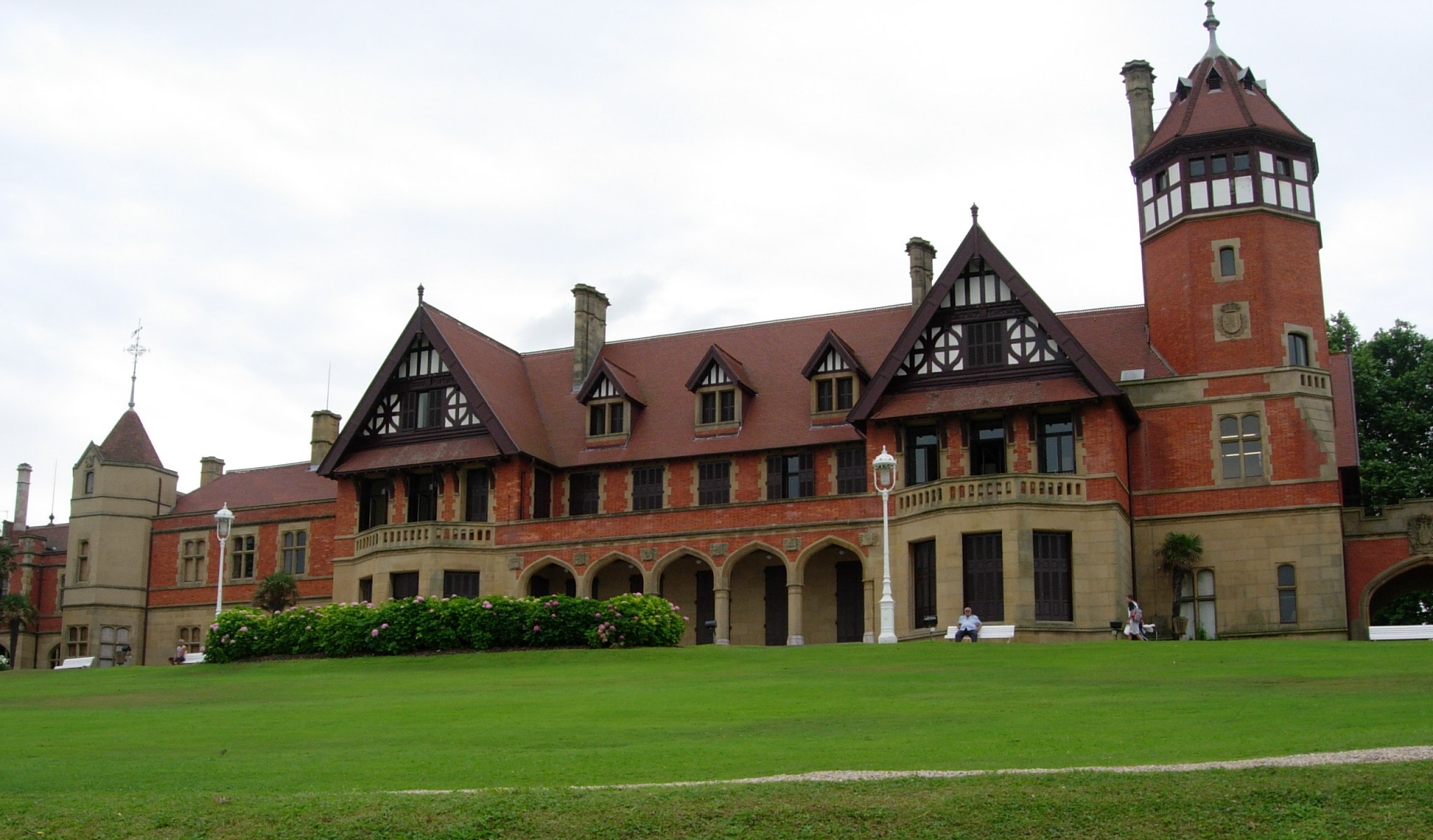Full Professor of
Social Psychology, and Coordinator
Section of Psychology Department of
Formational Sciences, University of
Catania.
President of Scientific Committee of
"EOS", Consortium Between University
of Catania and CESARD (Centre of Study
and Education for Disabled).
Dean of the Interfaculty School of
Psychology, University of Catania
(2000-2006)
Deputy-President of A.I.P.
(Association of Italian Psychology)
(2008-2014).
Member, as expert of Psychology of
Counseling, of the COF (Center of
Counseling and Education)-University
of Catania
Member of the National Board of the
Community Psychology.
Member of the Scientific Board and
Referees of the "Rivista di Psicoogia
di Comunità".
Member of the Scientific Board of
theInternational Journal of
Developmental and Educational
Psychology.
Full member of EASP (European
Association of Experimental Social
Psychology).
Coordinator of Unit of Research of
Catania, on many International
Research Programs
Author of 217 scientific papers.
CONFERENCE
ABSTRACT
Contact
Hypothesis, Educational Context
and Intergroup Attitudes
The
Contact Hypothesis (Allport, 1954),
widely established in the
international scientific field, has
undergone interesting developments
over the years (Brown, Capozza &
Licciardello, 2007).
The school has been
considered as a specific context to
realize the contact hypothesis, to
reduce the prejudice levels and to
support positive intergroups
attitudes (Gillies, 2004; Cary,
Johnson & Johnson, 2008),
reducing the Self “distances”
between Outgroup and Ingroup.
According to this
point of views, we carried out a
complex program of researches to
verify the effect of Contact
Hypothesis about the
intergroup-outgroup attitudes:
cultural integration of second
generations, level of prejudice
toward gay and lesbian peoples, etc.
Our results seem to
confirm the relevance of school and
of social context and the complexity
of the Ingroup-outgroup
relationships, because they involve
value systems and psycological
dimensions (Voci e Hewstone, 2007).
|
